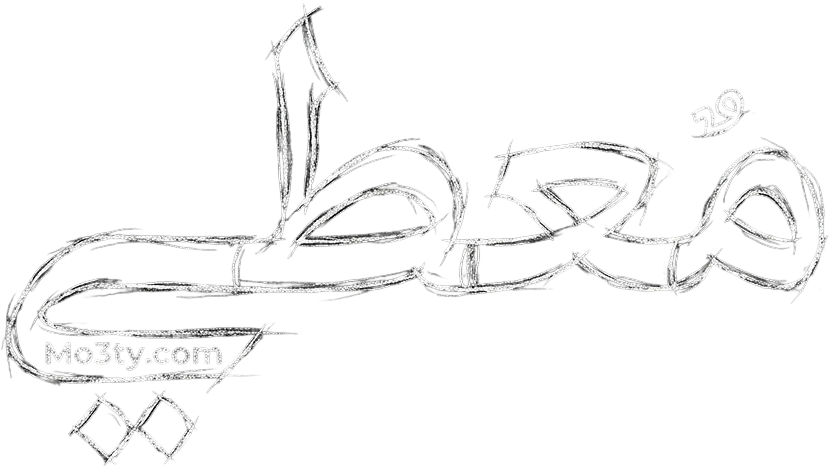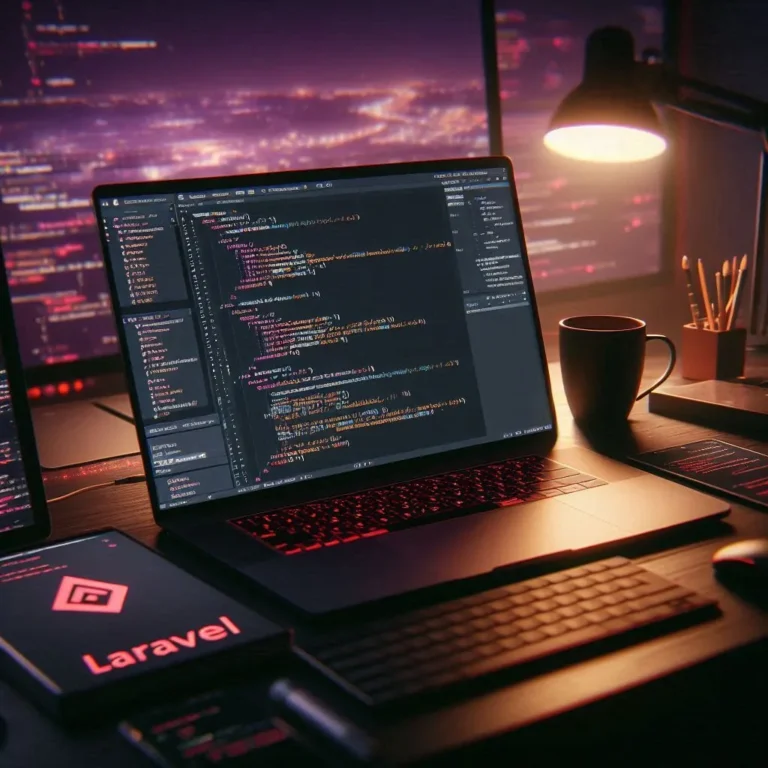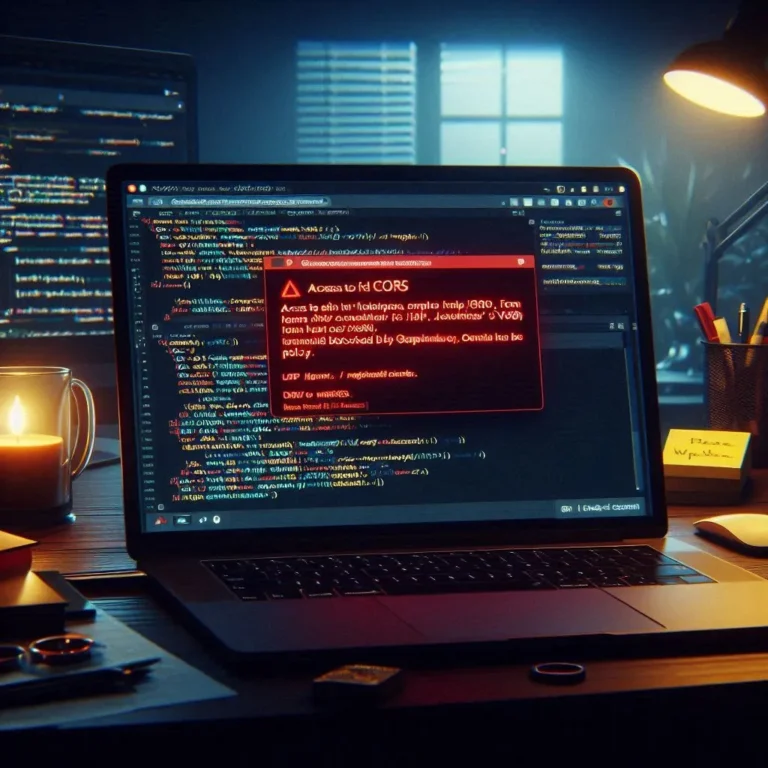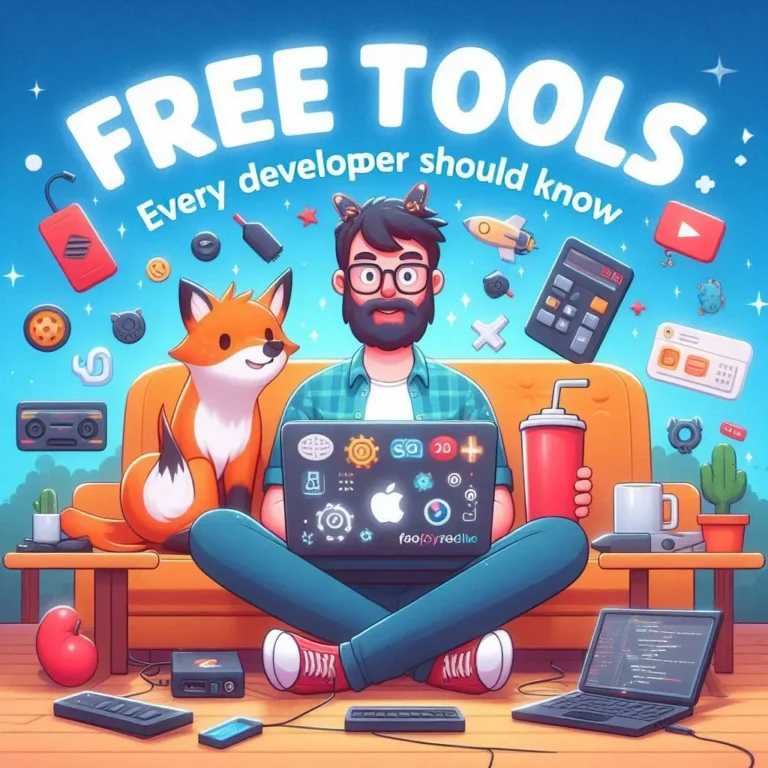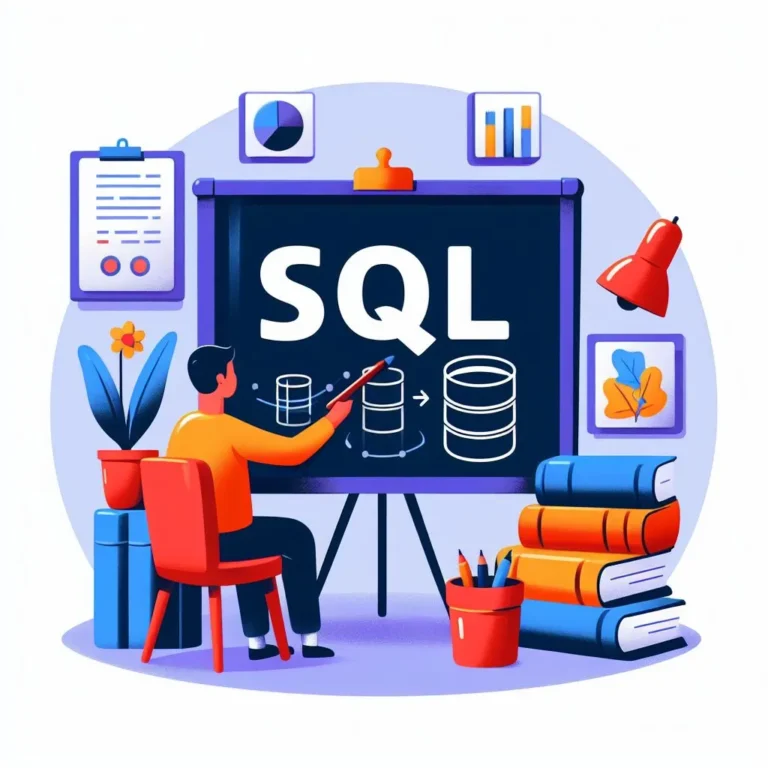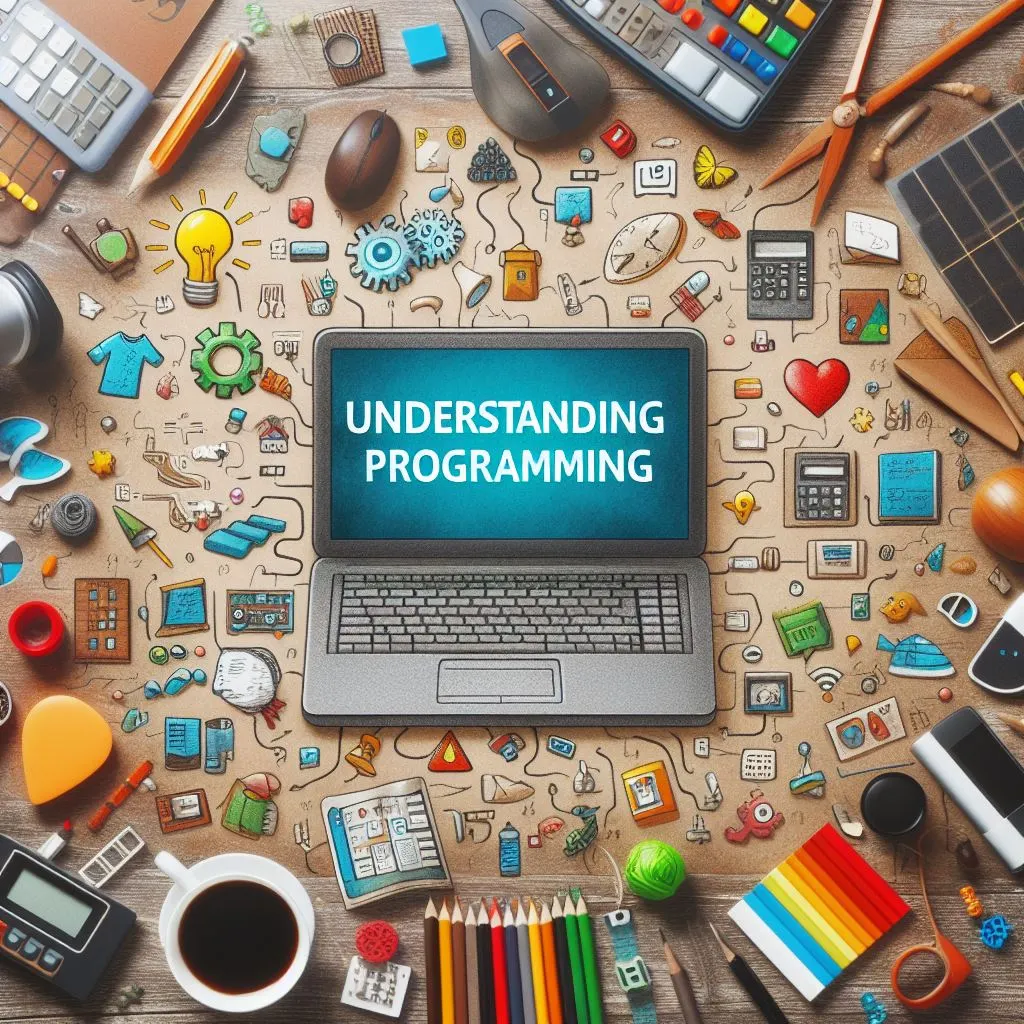
Programming has become an essential skill in today’s digital age. From building websites, mobile apps, video games, and even artificial intelligence, programming plays a vital role in shaping our world. But what exactly is programming? How does it work? And how can one get started in learning how to program? This comprehensive guide aims to answer these questions and more.
What is Programming?
Programming, also known as computer programming or coding, refers to the process of creating instructions that a computer system can execute. These instructions are written in a programming language, which is a set of rules and syntax that allow programmers to write code in a way that a computer understands. There are many programming languages available, each with its strengths and weaknesses. Some examples include Python, JavaScript, C++, Ruby, Swift, and many others.
How Does Programming Work?
At its core, programming involves translating human ideas and concepts into a series of logical steps that a computer can understand and execute. To accomplish this, programmers must have a solid understanding of algorithms, data structures, control flow, and object-oriented programming principles. Algorithms refer to a set of instructions designed to solve a particular problem, while data structures are ways of organizing and storing information efficiently. Control flow deals with directing the order in which code runs, while object-oriented programming focuses on modelling real-world objects and interactions between those objects.
Getting Started With Programming
If you’re interested in getting started with programming, there are a few things you should consider first. Firstly, decide what kind of projects you want to build and research which programming language would be best suited for that project. For example, if you want to create a website, HTML, CSS, and JavaScript might be good starting points. If you’re interested in building desktop applications, then languages like C# or Python may be better options.
Once you’ve chosen a programming language, look up online resources to learn the fundamentals. Websites like Codecademy, Udemy, Coursera, and Khan Academy offer free courses for beginners. Additionally, books, tutorial videos, and blogs are great sources of knowledge. Practice regularly by working through exercises and building small projects to reinforce what you’ve learned.
Advanced Programming Concepts
As you progress in your programming journey, you’ll encounter more advanced topics like machine learning, databases, network programming, and distributed systems. Machine learning allows computers to make predictions based on patterns found in large datasets, while database programming enables storing and retrieving information effectively. Network programming involves interacting with remote servers and clients over the internet, while distributed systems involve coordinating multiple computers to work together towards a common goal.
Conclusion
In conclusion, programming is a powerful tool that opens up endless possibilities for creative expression and innovation. By following the guidelines outlined in this article, anyone can start their programming journey and unlock new opportunities for personal growth and career advancement. Whether you’re looking to build the next big app, design a stunning website, or simply automate repetitive tasks, programming offers something for everyone. So why wait? Get started today!
